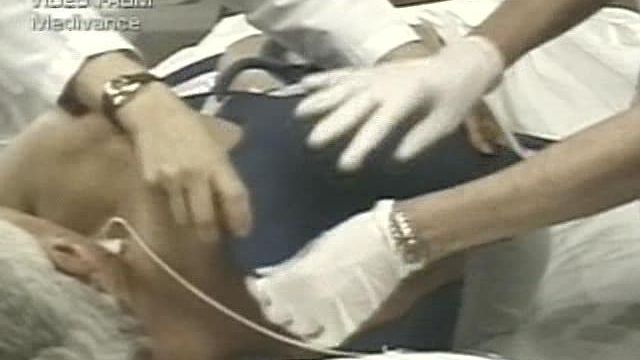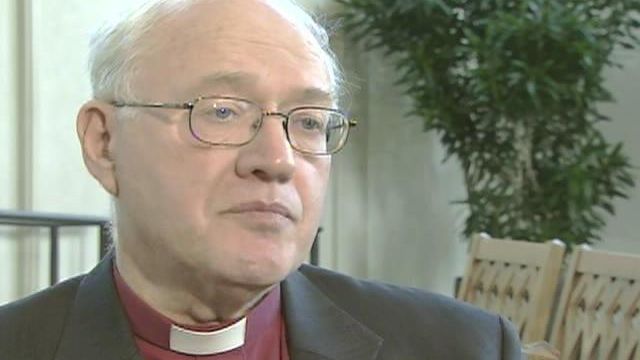Health Team
Lowering Temps Raises Survival Odds in Cardiac Arrest
A therapy in which patients' body temperatures are brought down reduces the risk of brain damage after cardiac arrest.
Posted — UpdatedRALEIGH, N.C. — Cardiac arrest stops the heart from pumping blood, and every minute is critical in getting the flow restarted.
A cooling therapy gives doctors a better chance at saving a life and preventing brain damage.
Claire Simmons is thankful to be alive after a cardiac arrest.
“I can't believe this, that it all happened to me and that I'm fine. I'm really lucky,” Simmons said.
Simmons is lucky because at the hospital where she was taken, doctors used a newer treatment. The system uses water-filled pads to cool heart attack patients.
Doctors can also use cool intravenous fluids and other mechanical means to reduce body temperature.
The goal of the process is to forestall brain damage that occurs when bloodflow to the brain stops after the cardiac arrest. Studies have found cooling patients down can help prevent that damage.
“The hope is that by treating them with hypothermia protocol in minimizing the amount of brain injury that occurred, that they have a better chance of returning to a full and productive life,” Dr. Claudia Chae of Mass General says about the patients.
Doctors like the results they are seeing.
“We've had some miraculous outcomes. We've had several patients treated in the past that probably would have died or have been in a severely impaired state, and they've walked out of the hospital extremely well,” said Dr. David Greer, a neurologist at Mass General.
Simmons says cooling therapy saved more than just save her life. It preserved the quality of her life as well.
“I feel fine. I'm back to normal activities, Simmons said.
Wake County Emergency Medical Sservices, WakeMed and Rex Hospital were among the first in the country to start using cooling therapy with a system called CoolGard 3000.
• Credits
Copyright 2024 by Capitol Broadcasting Company. All rights reserved. This material may not be published, broadcast, rewritten or redistributed.






